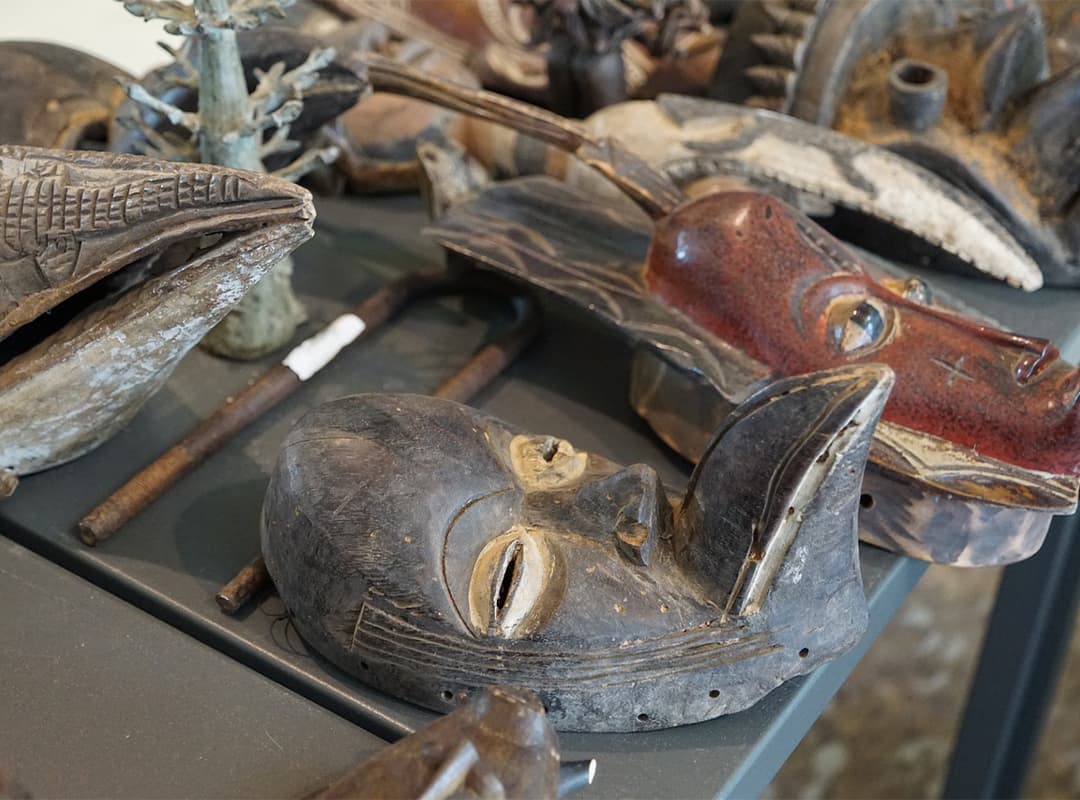The art of Africa is an extraordinary treasure trove of cultural diversity, sophisticated aesthetics and striking expressiveness. Since ancient times, African art has attracted the attention of the general public for its uniqueness and deep symbolism. What exactly makes African art so fascinating and unique?
Cultural diversity
Africa is a continent with a rich history and many cultures. African art reflects this diversity through a wide range of styles, techniques, and materials. Each region has its own traditions, which are reflected in the art – from ceramics and textiles to wooden sculptures and fine crafts.
Symbolism and Religion
African art often has a deep symbolic meaning associated with religious, mythological and spiritual beliefs. Sculptures, masks, images, and various ritual objects often reflect or reflect religious and mythological images that are important to the community.
Expressiveness and Energy
African art has always been known for its expressiveness and dynamism. From rhythmic dances to dynamic lines and shapes in sculpture, African art has an inherent energy that can captivate the viewer.
Use of Natural Materials
The richness of Africa’s natural resources is reflected in the continent’s art. From wood to stone, clay to bamboo, African artists use natural materials to create their masterpieces, giving them a special character and authenticity.
Heritage and Modernity
African art has a huge influence on the contemporary art scene. Contemporary African artists combine traditional techniques with modern trends to create unique and innovative works that continue the rich heritage of African art.
In general, African art is fascinating for its multilayered nature, depth of symbolism, and expressive energy. It is not only a source of aesthetic pleasure, but also a window into the cultural heritage and spirituality of this unique continent.

